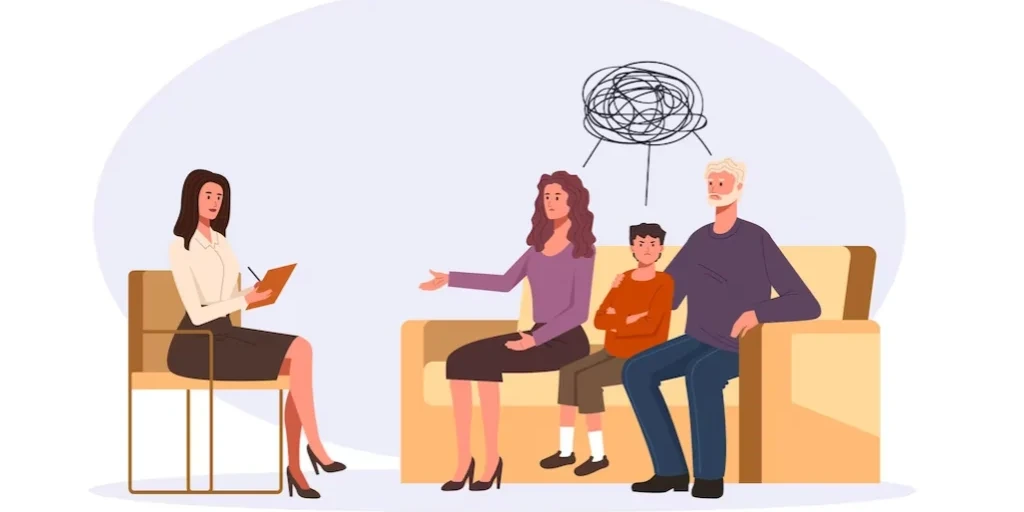24/7 Helpline:
(866) 899-111424/7 Helpline:
(866) 899-1114
Other Insurance Options

Optima

Excellus

MVP Healthcare

BlueShield

Holman Group

Ambetter

WellPoint

Choice Care Network

Highmark

GEHA

Lucent

PHCS Network

Humana

Sutter

Kaiser Permanente

Covered California

Private insurance

Aetna

Group Health Incorporated

Multiplan
































